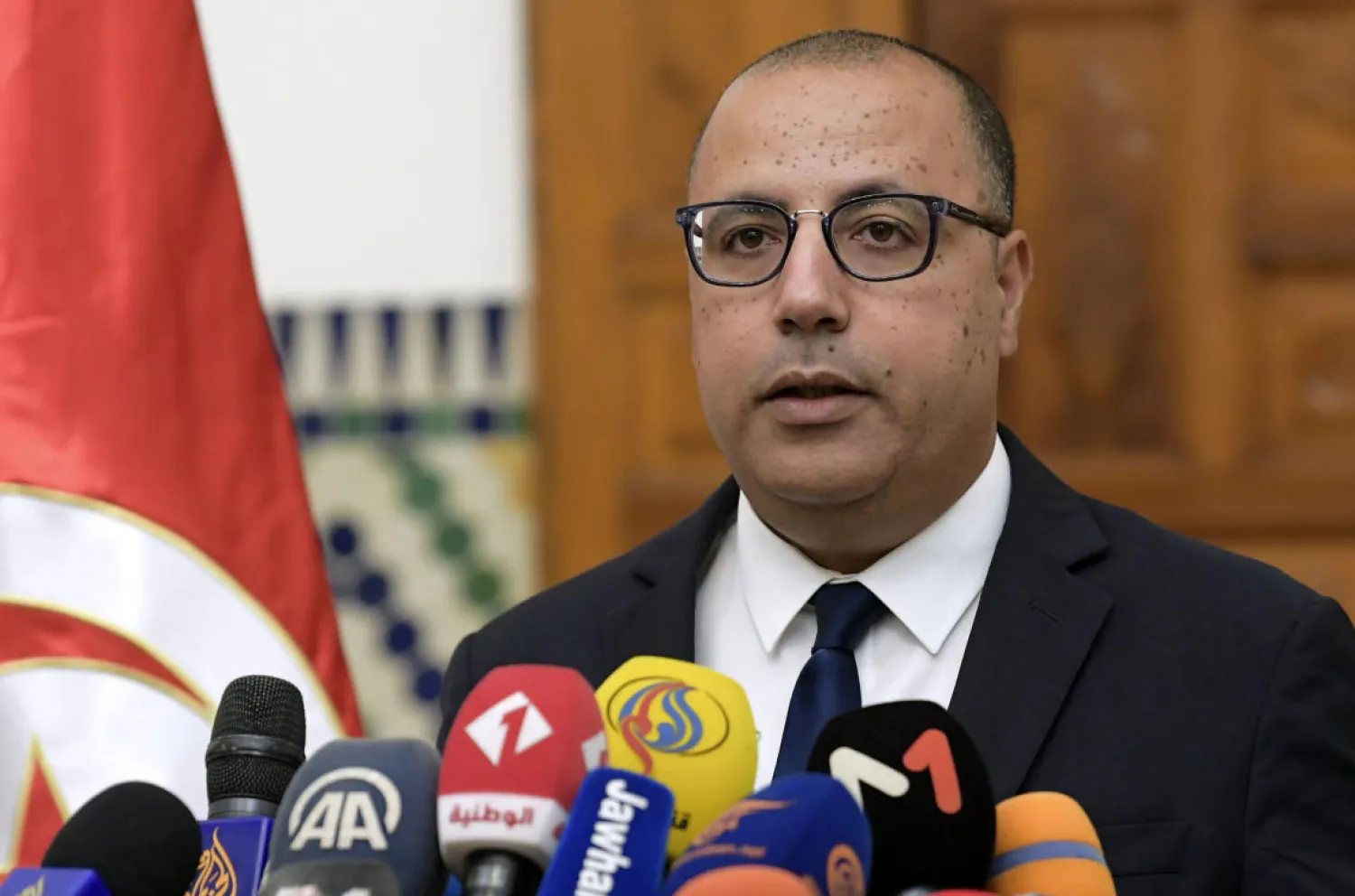Head of the Tunisian Human Rights League (LTDH) Jamel Messalem has requested Hichem Mechichi’s government to launch an enquiry into the political assassinations that the country has witnessed and reveal the details of Ennahda Movement’s "secret apparatus."
Messalem said Mechichi’s approval to his request would indicate his sincerity in fighting terrorist organizations and affirm his impartiality.
Holding accountable those involved in sending young Tunisians to areas of conflict would prove that Tunisia has a just and independent judicial system, he said.
Regarding the terrorist attack in Sousse on Sunday, Messalem said it coincided with the new government assuming its duties. “The new interior minister was in the city, which affirms that the attack was planned.”
He pointed out that the terrorist elements took advantage of the political tension in the country and the pro-extremism rhetoric to plan the attack and to confuse the new government.
He further called for “besieging, exposing and defaming supporters of terrorism.”
Spokesman for Nabil Karoui’s Liberal Heart of Tunisia party Sadiq Jabnoun said the parliamentary front formed to support Mechichi’s government in receiving the vote of confidence sought to end the political crisis and achieve a certain level of political stability after years of turmoil.
Heart of Tunisia party (26 MPs), Ennahda movement (54 MPs), Al-Karama Coalition (19 MPs) and the Future bloc (9 MPs) formed a single parliamentary front to serve political stability and ensure a smooth democratic transition, he noted.
Member of Ennahda movement’s executive bureau Belkacem Hassan told Asharq Al-Awsat that his party was certain that Mechichi’s government would receive the vote of confidence.
“Ennahda believes in the importance of ensuring stability and avoiding political vacuum by dissolving parliament and calling for early parliamentary elections,” Hassan stressed.
The newly appointed government would have failed over lack of support. However, the parliamentary alliance formed by Ennahda, Heart of Tunisia and al-Karama coalition changed the outcome.









